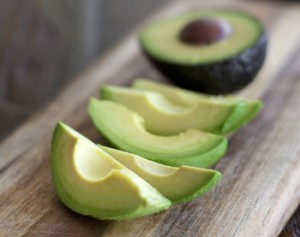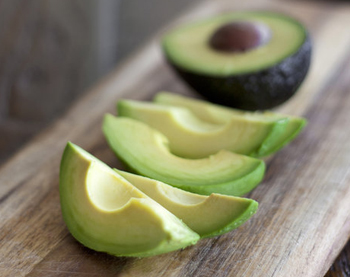 The value of food in easing daily aches and discomforts is often underestimated. In many cases digestive issues such as constipation, bloating, and gas may be mitigated or prevented by eating the right foods. In addition to easing temporary discomfort, making these foods a regular part of a daily diet may help to add vital nutrients that can support healthy digestion in the future without the side effects that are often experienced when using medications to aid digestion.
The value of food in easing daily aches and discomforts is often underestimated. In many cases digestive issues such as constipation, bloating, and gas may be mitigated or prevented by eating the right foods. In addition to easing temporary discomfort, making these foods a regular part of a daily diet may help to add vital nutrients that can support healthy digestion in the future without the side effects that are often experienced when using medications to aid digestion.
Eating for a Healthy Digestive System
Five foods that provide digestive benefits are beets, avocados, oats, sweet potatoes, and cod liver oil. Each food has nutritional benefits that can also aid in other areas of health, while assisting digestion. Allergies and individual factors should be taken into consideration before using these foods as a digestive aid, however. Those that have allergies or intolerances may react differently than those that do not.
Beets
Beets and beet greens may both ease constipation. The digestive benefits mainly stem from the rich concentration of dietary fiber in both beets and the greens. Magnesium, calcium, iron, potassium, and beta-carotene which are found in beets and beet greens also help to keep the GI tract healthy.
Avocados
Avocados are also a significant source of healthy dietary fiber, and are one of the best sources of healthy fats. Healthy fats contribute significantly to healthy digestion by supporting the function of the pancreas, liver, and gall bladder. When functioning properly, these organs work to break down foods and maintain healthy blood sugar levels, which can prevent constipation and bloating.
Oats
Oats contain soluble fiber, which absorbs water and can help to slow digestion. Oats are also filling, which can help control appetite and suppress cravings for foods that are not as healthy. In addition to preventing and helping to ease constipation, oats also help to control acid reflux disease and prevent heart burn.
Sweet Potatoes
Sweet potatoes contain a good deal of dietary fiber and manganese, as well as anti-inflammatory properties and vitamin C. Anti-inflammatory properties can be helpful in preventing bloating. Sweet potatoes are helpful in removing heavy metals and harmful radicals from the GI tract, which can help to reduce overall instances of constipation and ease discomfort.
Cod Liver Oil
Cod liver oil is a good source of vitamin A, which can help to maintain healthy mucosal membranes throughout the GI tract. Less than a teaspoon of cod liver oil is needed to prevent a vitamin A deficiency. Cod liver oil also contains vitamin D, which helps to regulate hormones which control digestion and aids in the absorption of nutrients.
Role of Dietary Fiber
Dietary fiber is an essential component in a healthy and well balanced diet. A lack of healthy dietary fiber from fruit, vegetable and whole grain sources is often a cause of digestive complications. Insoluble fiber aids in digestion because it does not break down when passing through the GI tract, which helps to speed the digestion of other foods. Soluble fiber breaks down into a gel when passing through the GI tract, absorbing water and softening stool which can ease many digestive complaints.
Fiber may assist in many facets of digestion, including:
• Preventing and easing IBS
• Preventing gastroesophageal reflux disorder and ulcers
• Promoting regularity
• Preventing diverticulitis
Sources:
http://digestive.niddk.nih.gov/ddiseases/pubs/yrdd/
http://drbenkim.com/articles-foods-good-digestion.htm
http://kidshealth.org/kid/htbw/digestive_system.html
http://www.nlm.nih.gov/medlineplus/ency/article/003260.htm
